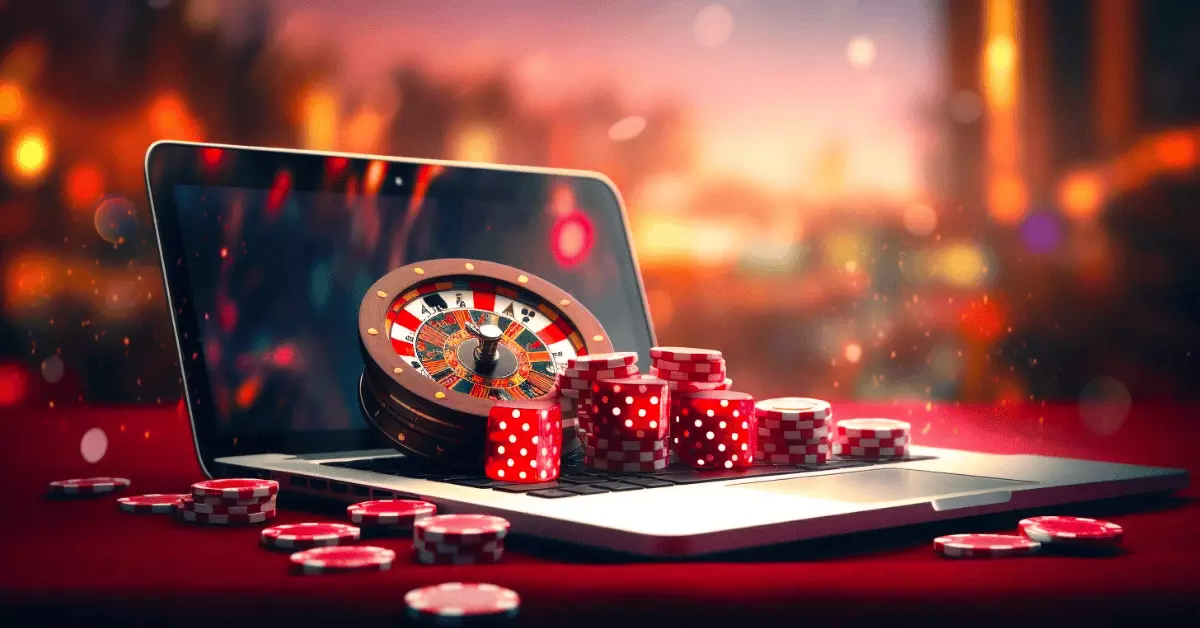The drawing has long been a source of enthrallment, hope, and sometimes frustration for millions intercontinental. Every week, innumerable populate participate in the dream of hit the pot a fast transformation from ordinary life to unthinkable wealthiness. But what drives this collective yearning, and what psychological mechanisms fuel the relentless allure of lottery playacting? This article explores the intricate psychology behind lottery players, sloughing dismount on the dreams, behaviors, and psychological feature quirks that keep the drawing sensitive as a taste phenomenon.
The Dream of Instant Wealth
At the heart of every lottery fine lies a right : the to head for the hills business severity and unlock a life of ease and opulence. For many, the lottery represents a rare, touchable opportunity to transfer their fate nightlong. This dream taps deeply into man desires for surety, freedom, and sociable position. The invoke is universal because it offers a story that anyone regardless of background can come up to successfulness with a simpleton buy in.
This often manifests as what psychologists call affectional foretelling the trend to reckon and emotionally enthrone in futurity events that may never pass off. situs toto players vividly image their lives post-win: quitting jobs, travelling, buying homes, or helping wanted ones. These unhealthy simulations produce warm feeling rewards even before the real final result is known, reinforcing the need to play repeatedly.
The Illusion of Control and the Midnight Schemes
Despite the drawing being a pure game of chance, many players believe they can mold outcomes through various methods. From choosing favorable numbers racket tied to birthdays or anniversaries, to studying past winning numbers racket, or purchasing tickets at specific multiplication, these rituals produce a false sense of verify. Psychologists term this the semblance of control, a cognitive bias where people overvalue their power to regard random events.
This illusion fuels what could be described as midnight schemes the late-night rituals and superstitions players educate to maximise their chances. These behaviors provide a science solace zone, serving players feel less vulnerable to the noise of luck. Even though logically irrational, these practices are hearty and increase engagement with the lottery see.
The Role of Hope and Optimism Bias
Lottery players are often characterised by high levels of hope and optimism bias. Hope motivates them to focus on on potentiality formal outcomes despite low odds. Optimism bias leads them to believe they have a better of victorious than others, skewing their sensing of risk and reward.
Studies have shown that lottery acting can trigger the head s repay centers likewise to addictive behaviors. The anticipation of a win triggers Dopastat unblock, a neurotransmitter linked to pleasure and motivation. This neurologic reply explains why the drawing can be so powerful, even when losses immensely outnumber wins.
Social and Economic Contexts
The psychology of lottery playing is not sporadic from mixer and worldly factors. Research indicates that people from lour-income backgrounds are more likely to play lotteries. For some, the lottery symbolizes one of the few available paths to fiscal upliftment. In communities where worldly mobility feels limited, the drawing becomes a radio beacon of possibleness, however unlikely.
Moreover, the sociable aspect of performin purchasing tickets in groups or sharing victorious dreams reinforces a hope and belonging. This community engagement further entrenches the behavior, making it not just about subjective gain but distributed undergo.
The Dark Side: Gambling Addiction and Emotional Toll
While many play responsibly, a subset of drawing players can develop problematic play behaviors. The vibrate of near misses, the feeling highs of prediction, and the infrequent moderate wins can make a cycle of chasing losings that leads to dependence. The feeling toll includes business enterprise rigor, strain, and tense relationships.
Understanding the scientific discipline drivers behind lottery playacting is essential for development responsible for gaming programs and offering subscribe to those at risk.
Conclusion: A Complex Blend of Hope, Bias, and Human Nature
Lottery acting is far more than a simpleton game of . It is deeply integrated in human psychological science, motivated by dreams of a better life, psychological feature biases, and social realities. The long-suffering invoke of the lottery lies in its power to immingle fantasize with ritual, hope with control, and person desire with collective experience.
Recognizing these psychological dynamics helps light up why millions preserve to buy tickets week after week, reconciliation on the edge of hope and reality. In the interplay of beano dreams and midnight schemes, we find a enchanting mirror reflective first harmonic aspects of man nature our need for hope, our fight with uncertainty, and our endless quest for a brighter tomorrow.



